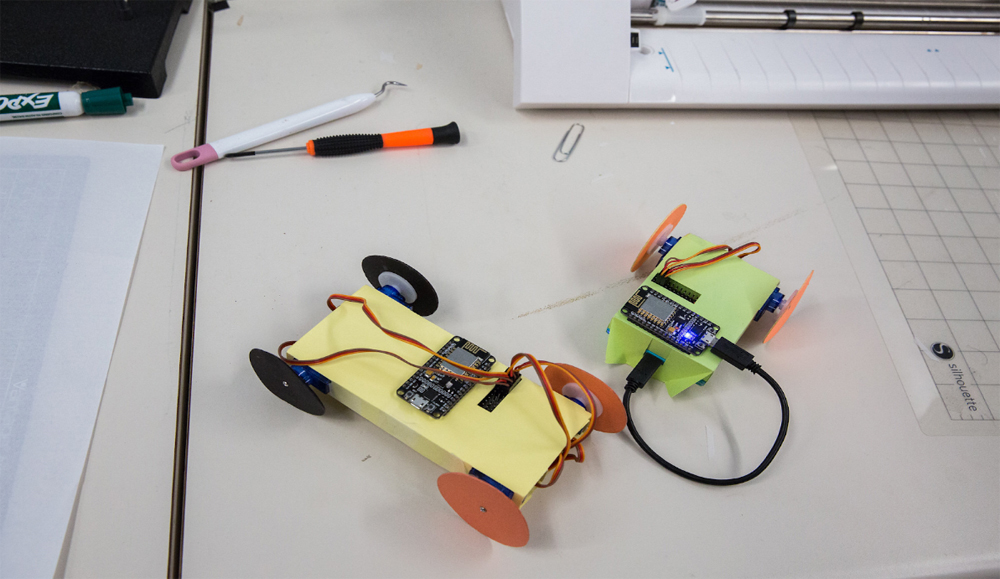
Picture Credits: UCLA Samueli Engineering
Robots. We love them, but can’t have them. Or can we?
Ankur Mehta, Assistant Professor of Electrical and Computer Engineering, recently won the prestigious NSF CAREER Award for his proposed research into the democratization of robotics.
Personal technology has exploded over the past years: cell phones and laptops are among the computational devices that are now ubiquitous in daily life. However, robotics has lagged behind. It is not every day we have a robot that is there to help us. Prof. Mehta’s research aims to support the development of personalized, user-friendly robots. The goal of his work is to get closer to where any person who needs to complete a physical task can say, “There’s a robot for that.”
His love for robots blossomed throughout his career as an electrical and computer engineer. While in graduate school at UC Berkeley, Prof. Mehta conducted research on microrobots, autonomous rockets and helicopters, and networked swarms. As a postdoc at MIT, he developed a compiler for printable robots. He then came to UCLA as an assistant professor in 2015. Using the skills and experiences he’s acquired, he is working to bridge engineers, technologists, and users.
In his lab, LEMUR (the Laboratory for Embedded Machines and Ubiquitous Robotics), Prof. Mehta and his students collaborate with other research groups at UCLA as well as other universities to further their work. They look to develop cost-effective, user-friendly systems for those who do not have technical backgrounds to create everyday robots. Their robot compiler has been used to build robots out of paper and off-the-shelf electronics for a total cost of around $10. These personalizable paper robots demonstrate accessible and cost-effective technology that can place engineering in the hands of the end users, allowing non-experts to have the opportunity to explore robotics. Democratizing robotics can also help create fun learning opportunities for the next generation of society. With this grant, he and his team are a step closer to making robotics accessible and available in everyday life.
